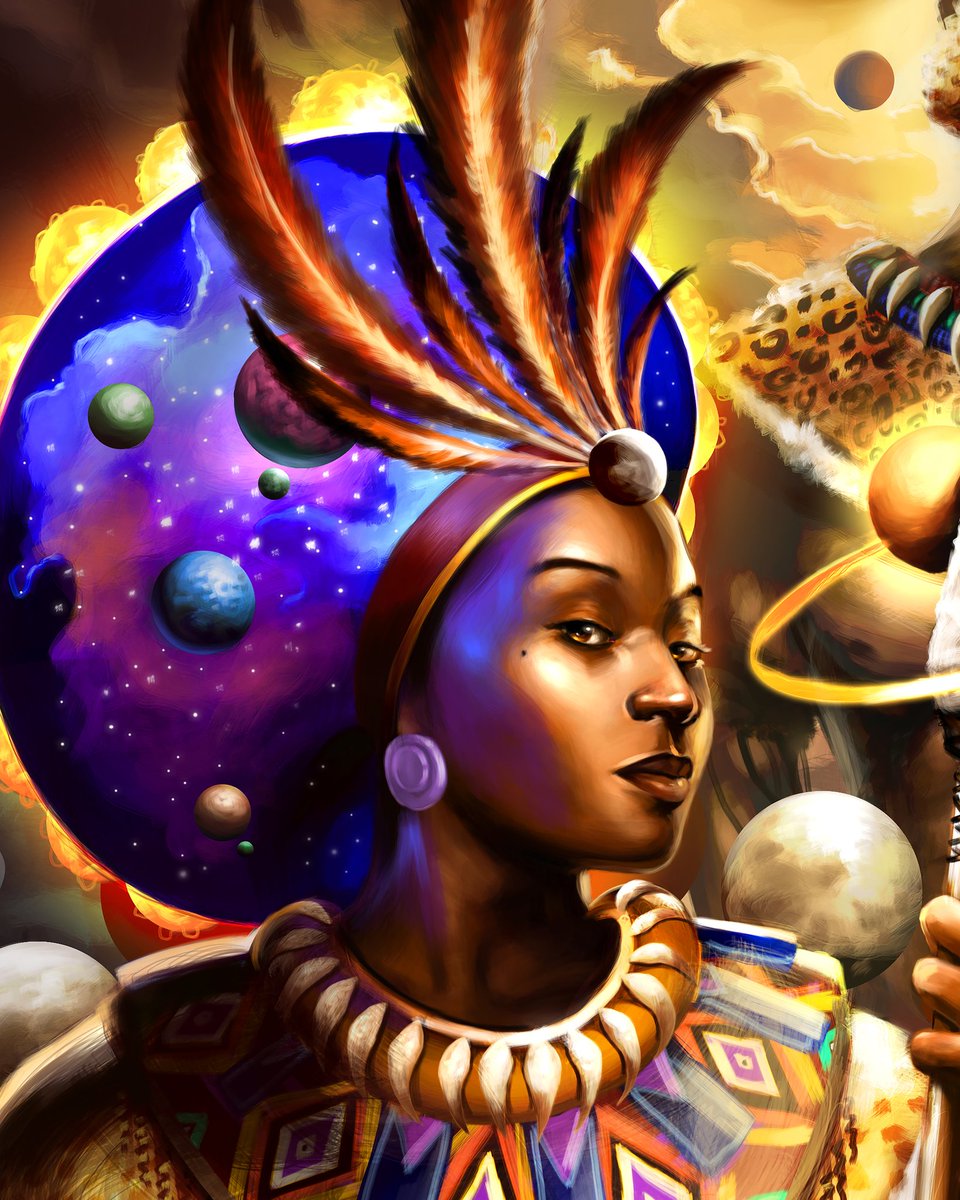Mthwakazi, A nation created out of love
The name Mthwakazi has long been associated with people that want to separate Zimbabwe, love violence, want to destroy Zimbabwe and many more preconceived ideas. But, according to historical facts, the word Mthwakazi comes from two powerful rulers who chose to bring two different nations together, in peace under the union of love, making one strong nation.
Queen Nyamazana Dlamini was born in Eswatini around the early 1800s and grew up under her uncle, chief Zwangendaba, who later became a king. According to a number of historians Zwangendaba left Eswatini with his people and moved up northwards into the heart of Africa during the time of Imfecane, from 1815 to 1840 (1). When they had crossed the Limpopo River Queen Nyamazana parted ways with King Zwangendaba and led a small army with a small group of people. The cause of their separation is not known. She attacked and defeated the last Mambo of the Great Zimbabwe called Tjilisamhulu (Chirisamhuru/ Tshilisampulu) in 1836 and she officially became the ruler of the Great Zimbabwe kingdom (2). To appease the ancestors of the region she took the leader of the original owners of the land, the San (abathwa) and made her, her right-hand maid. The San woman was so beautiful that she was called uMthwakazi. Later the king of the AmaHlabezulu called Mzilikazi kaMatshobana came to the land and found Queen Nyamazana already ruling. King Mzilikazi reasoned that the only way to unite his people and her people without bloodshed was to marry Queen Nyamazana Dlamini. Queen Nyamazana then became Mzilikazi’s fourth wife (3). After they had been married King Mzilikazi referred to his people as Mthwakazi in honour of the influential san woman.
The above highlights the origin of the core values of the Mthwakazi brand. The Mthwakazi lands (Matabeleland and Midlands) have been marginalized and disunited since Zimbabwe’s independence in 1980. Our vision is to grow our land of Mthwakazi and make it a great nation economically and our objectives have the nation and its people at heart.
REFERENCES
- Laband, J. ‘Mfecane, 1815-1840’ The Encyclopedia of war.
- Ndzimu-Unami, E. 2012 The Rebirth of Bukalanga. A Manifesto for the Liberation of a Great People with a Proud History Part. Maphungubgwe News Corporation.
- Nyathi, P. 2008 Zimbabwe’s Cultural Heritage. African Books Collective.







